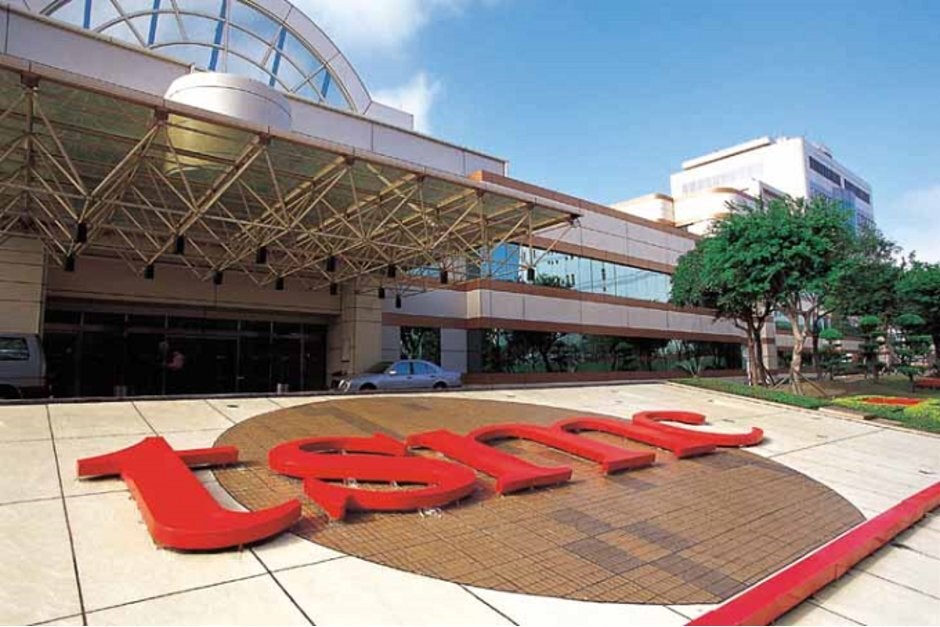TSMC confirms that the 5G iPhone 14 line won't be as powerful or as energy-efficient as hoped

TSMC and Apple had been hoping that the former would be able to ship chips manufactured using the 3nm process node in time to be employed on 2022's iPhone 14 series. The world's top foundry started shipping 5nm chipsets to Apple last year and both the A14 Bionic and the M1 are produced using this process node.
Bad news for the 2022 iPhone 14 series as TSMC confirms a delay in the release of 3nm chipsets
The last 7nm chipset used to power the iPhone was the A13 Bionic found inside 2019's iPhone 11 series. That component carried 8.5 billion transistors compared to the 11.8 billion transistors inside the A14 Bionic and the whopping 16 billion used with the M1. As a general rule, the lower the process node number, the higher the number of transistors that can fit on a chip. The larger this transistor count, the more powerful and energy-efficient that chip is.
Earlier this month Digitimes revealed that the 2022 iPhone 14 line will be powered by the A16 Bionic that will be manufactured using TSMC's 3nm process node. If there was one major line in that report, it was that "TSMC is on track to move its 3nm process technology to volume production in the second half of 2022 for Apple's devices, either iPhones or Mac computers."

TSMC's 3nm delay is bad news for next year's iPhone 14 series
But according to Seeking Alpha, TSMC is confirming a delay in 3nm production and comments from the foundry suggest that 3nm production (N3) will miss the window for inclusion with the iPhone 14 line. Instead, TSMC is expected to produce the A16 Bionic using its 4nm process node. This means that the 2022 iPhone models won't deliver as much of an improvement in performance and energy consumption as originally hoped.
TSMC typically begins chip production in April and May. Taking into consideration the three month delay, it is apparent that a 4nm A16 Bionic might have to suffice for next year's phones. This delay could give Samsung a chance to be the first foundry shipping 3nm chips instead of TSMC. That is very important since it might allow an Android handset, such as Samsung's Galaxy S22 series to, be the first with a 3nm SoC under the hood instead of the iPhone 14 models.
Last year, Apple released the first smartphones to be powered by a 5nm chip with the iPhone 13 line. It also powered the iPad Air (2020) with the same chipset. TSMC will ramp up production of its 3nm chips in the second half of next year. As transistors continue to drop in size and billions more are used inside powerful chipsets, the chip industry has to solve the pressing question of how it will continue to shrink the size of transistors and continue dropping process node sizes down.
While both TSMC and Samsung Foundry are considered to be the world's process leaders with roadmaps down to 2nm, earlier this year IBM manufactured the first 2nm chip using the Gate-All-Around (GAA) nanosheet device architecture that could allow Big Blue to put 50 billion transistors inside the chip.
Apple may be forced to use less powerful 4nm chips for the 2022 iPhone 14 line
The 3nm chip delay is TSMC's first since the one that impacted 20nm chips for the iPhone 6 and iPhone 6 Plus back in 2014. The latest process node was being introduced every other year. For example, the chips powering the iPhone 13 series will use an enhanced version of TSMC's 5nm process node following the release of the 5nm A14 Bionic last year. But now that there is a delay, it is unknown how using 4nm chipsets will impact TSMC's plans in the future.
Will the foundry stick with an enhanced 4nm build for the A17 Bionic or will it use 3nm for that chip. Interestingly, Apple was reportedly planning to use the 4nm process node for the M2 chip, its sequel to the first M1 Apple Silicon chip used on Macs and the iPad Pro (2021).
The iPhone 14 series is not expected to be introduced until September 2022 so there is still enough time for TSMC's plans to change for the better.










Things that are NOT allowed: